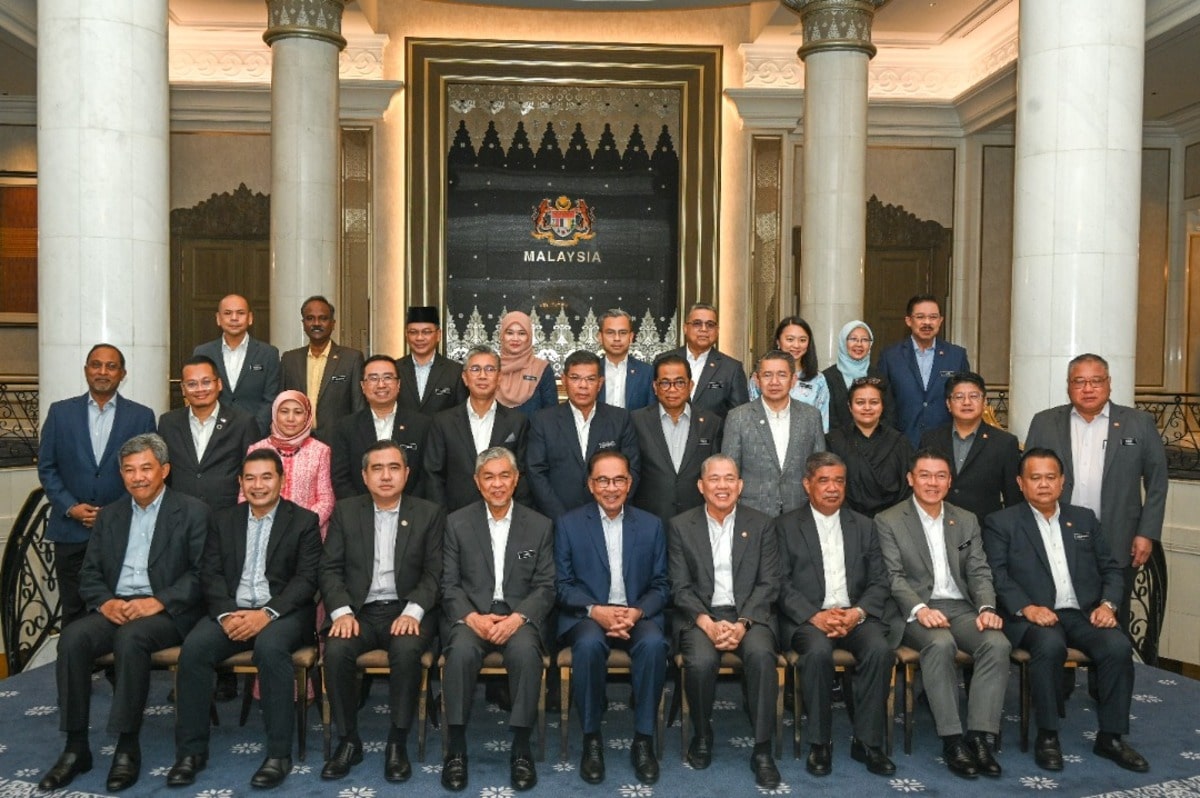KUALA LUMPUR, March 14 – The Galen Centre for Health and Social Policy has awarded the government a grade of 3 out of 4 stars, or a ‘B’ grade, for its performance on health during the first 100 days of its administration.
Galen chief executive Azrul Mohd Khalib said the rating was based on four issues identified by Galen, and that the government has already started addressing three of them.
One of the key areas in need of urgent attention is the outflow of talent and manpower from the public health care system. The Galen Centre has welcomed the government’s recent announcement in Parliament to form a multi-ministerial task force, chaired by the Chief Secretary to the Government Mohd Zuki Ali, to address the issue.
In a podcast on BFM yesterday, Azrul said that the Galen Centre is “pleased that the government has taken up the recommendation”, adding that town hall meetings with health care workers are already being planned to gather input and find solutions to the crisis.
Secondly, the issue of congestion in hospital emergency departments must be addressed as it poses a significant threat to patient safety, Azrul said. “This is not only an inconvenience for patients and staff. Emergency department overcrowding is a significant source of patient harm.”
The Galen Centre has commended the Madani scheme as a promising solution to alleviate congestion in emergency departments. Azrul said the scheme has the potential to make a significant impact and positive difference in the health care system.
Thirdly, Azrul said it is imperative for the government to introduce and pass the Control of Tobacco Products and Smoking Bill to address the unregulated and uncontrolled use of vaping products in Malaysia.
He stressed that the prevalence of vaping among children, coupled with a rising number of people becoming addicted to nicotine, is a growing concern. “The number of new vapers is now overtaking new smokers for the first time.”
The Galen Centre is encouraged by the government’s expressed commitment to regulating and taxing vaping products and supporting the generational ban on smoking and cigarettes.
On the downside, despite the positive steps taken by the government in addressing health care issues, there are still areas of concern.
Azrul has highlighted the need for a safety review of public healthcare facilities. “It’s worrying that a third of Malaysia’s public hospitals are more than 100 years old and several dozen have no fire certificates,” he said.
The fatal 2016 fire at Johor Bahru’s Hospital Sultanah Aminah (HSA) and the recent flood-related damage to clinics and facilities in Johor and Kuching have underscored the urgent need for safety measures to be taken seriously.
To address this issue, Azrul called on the government to conduct a comprehensive safety audit of all healthcare facilities and to publicly release the declassified committee report on the 2016 fire at HSA. He also urged the government to implement necessary reforms and collaborate with patient groups, the private sector, and civil society organisations.
During a recent event by the CSO Platform for Reform, Azrul expressed concerns over the lack of governance, transparency, and accountability in government-linked corporations (GLC), citing the current crisis at Pharmaniaga Bhd that is facing half a billion in losses.
He questioned the need for a bailout and emphasised the importance of accountability and transparency in decision-making.
“If almost a billion of rakyat money will be used to help a GLC, then where is the accountability? Is there transparency? How is the decision being made for such an issue and such a position? And will it remain out of the public eye and scrutiny?” He added that political appointees are also part of these networks, which benefit different individuals and parties.
Azrul called for greater scrutiny on the government and its actions, citing the 1MDB scandal as an example of how not looking at the details can lead to greater problems. “We need to be able to do better.”








